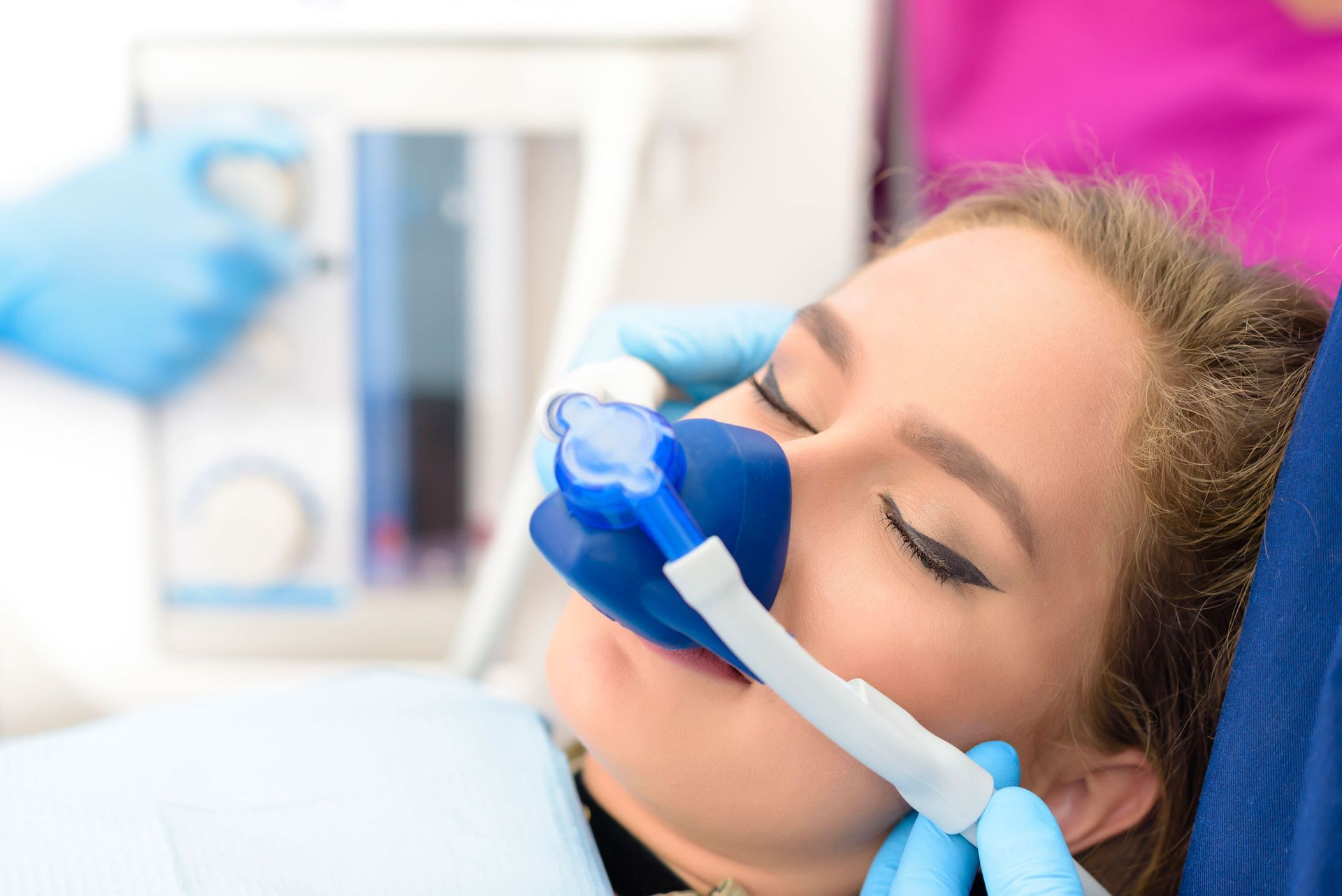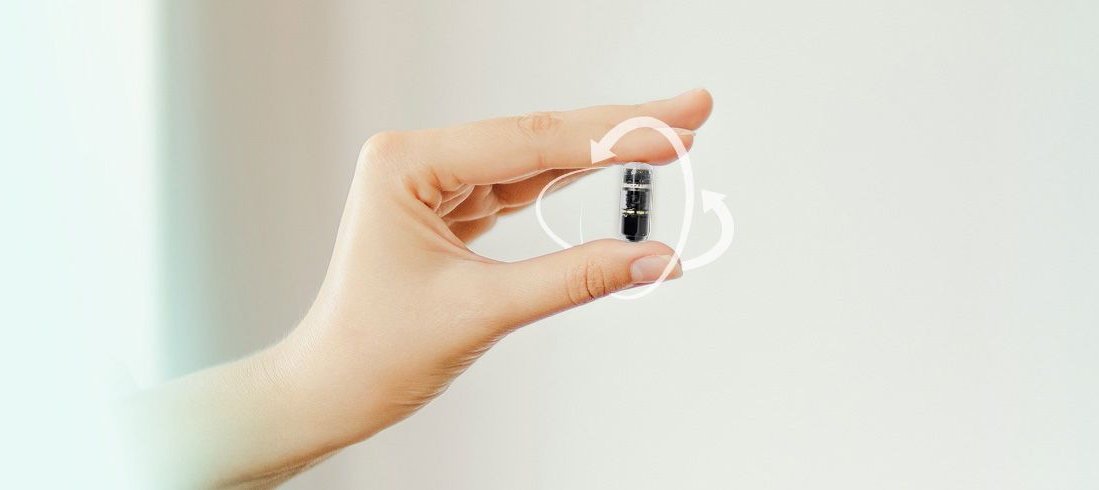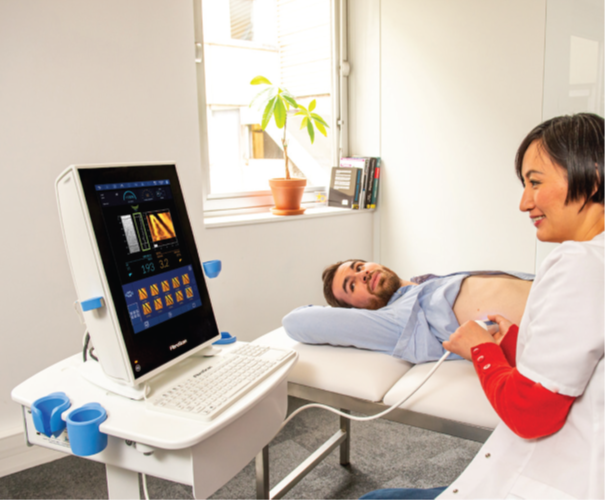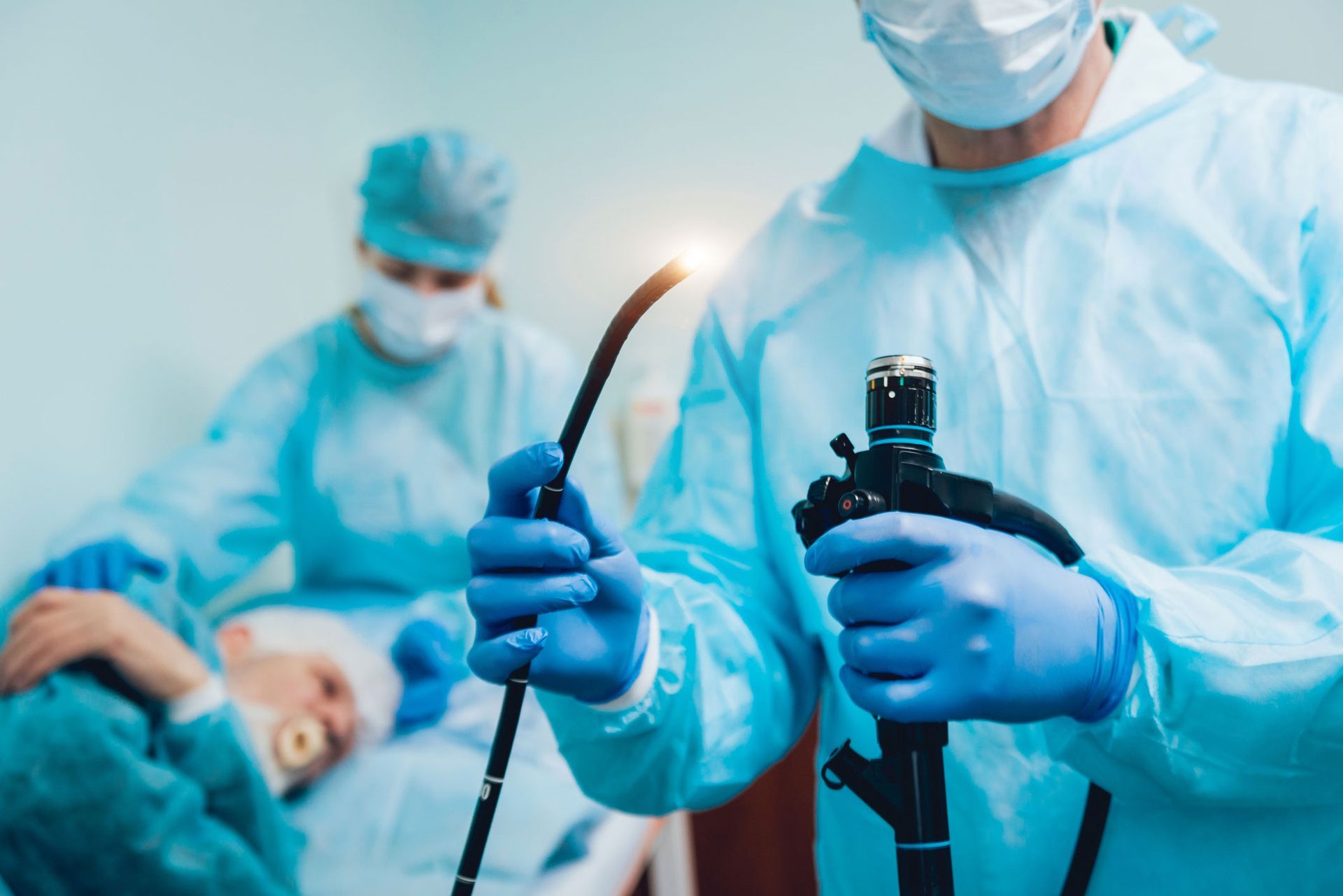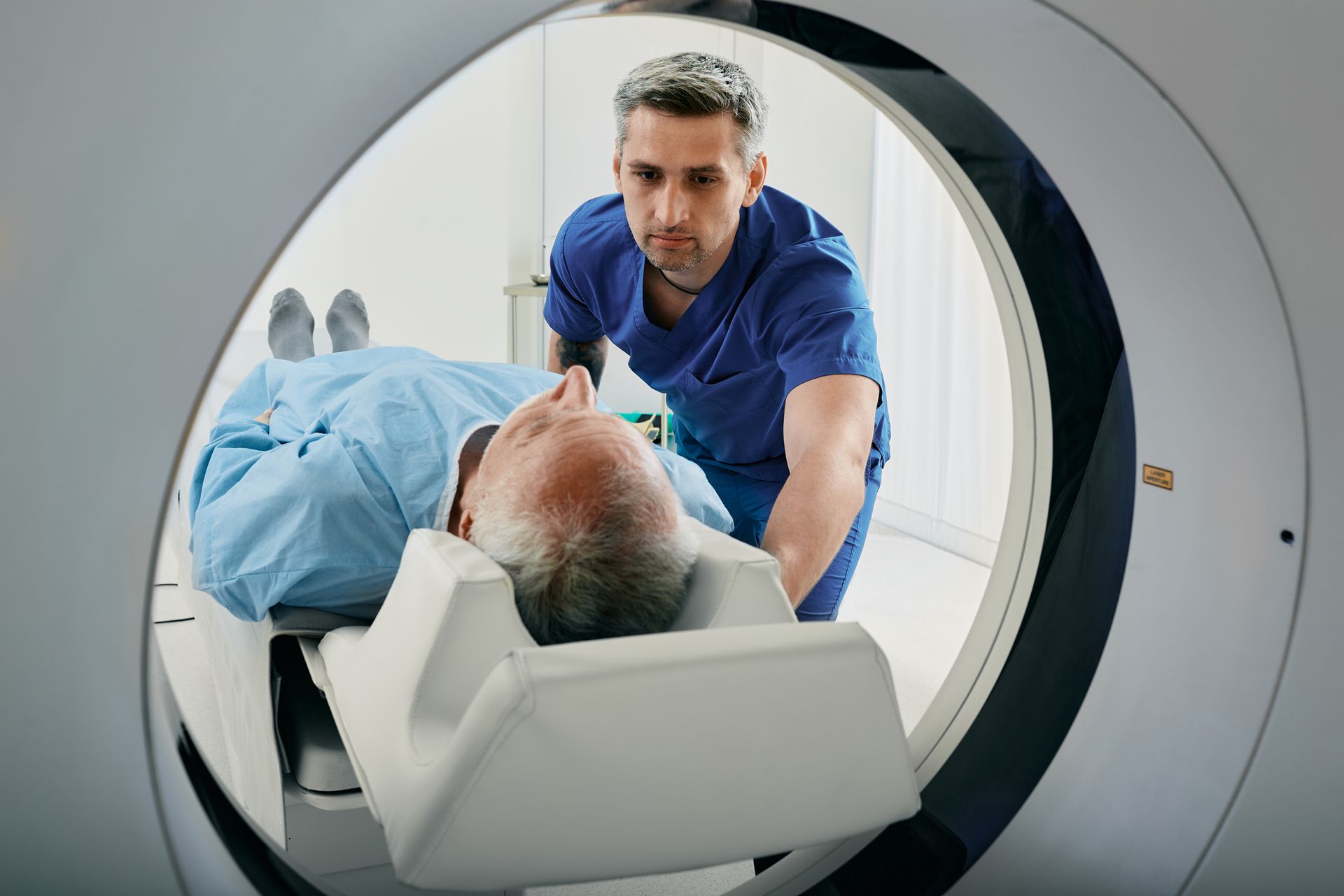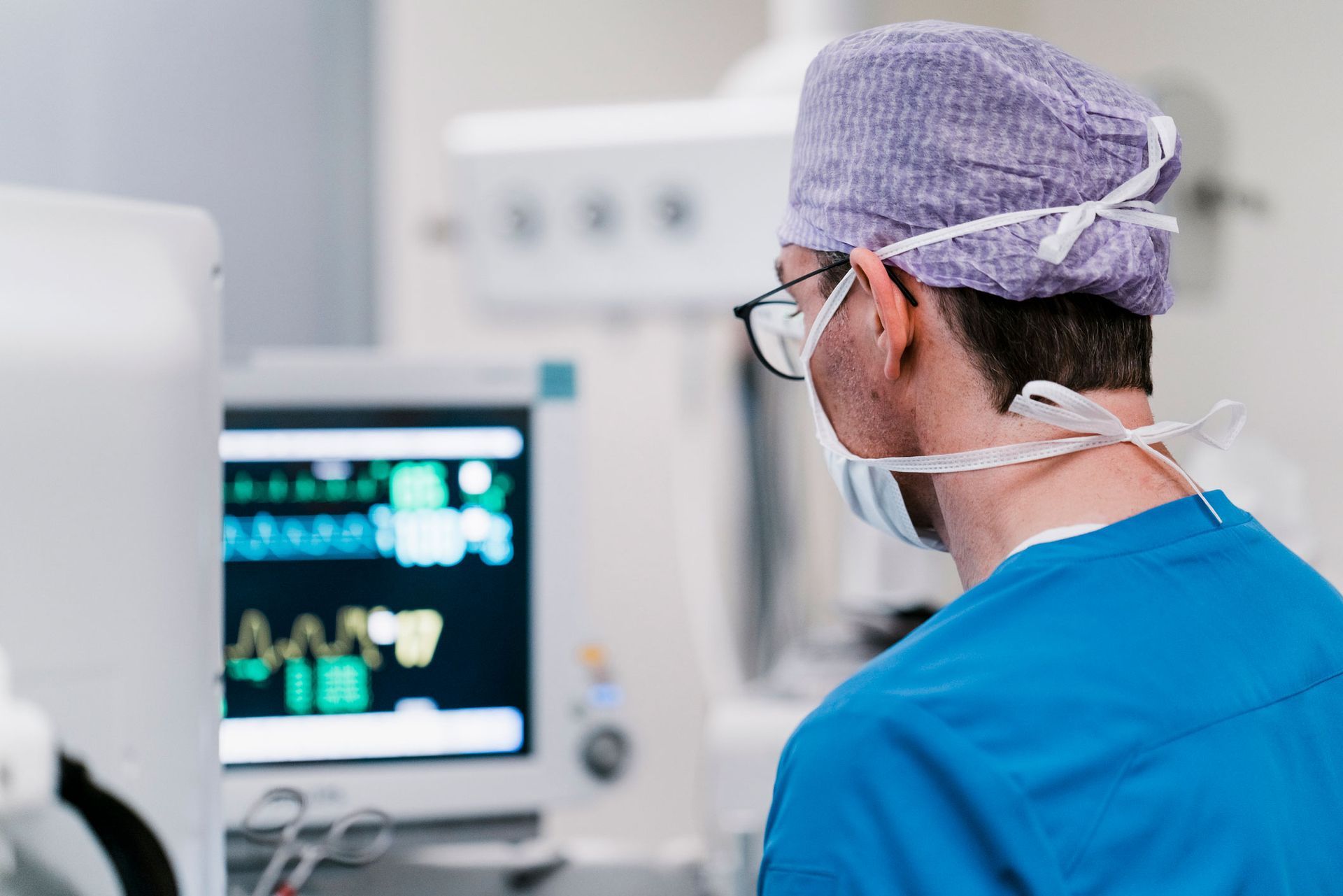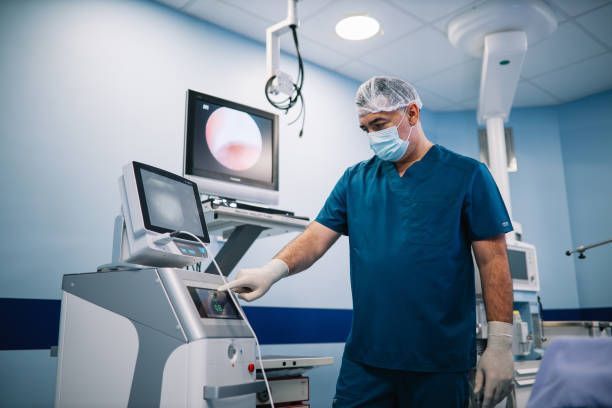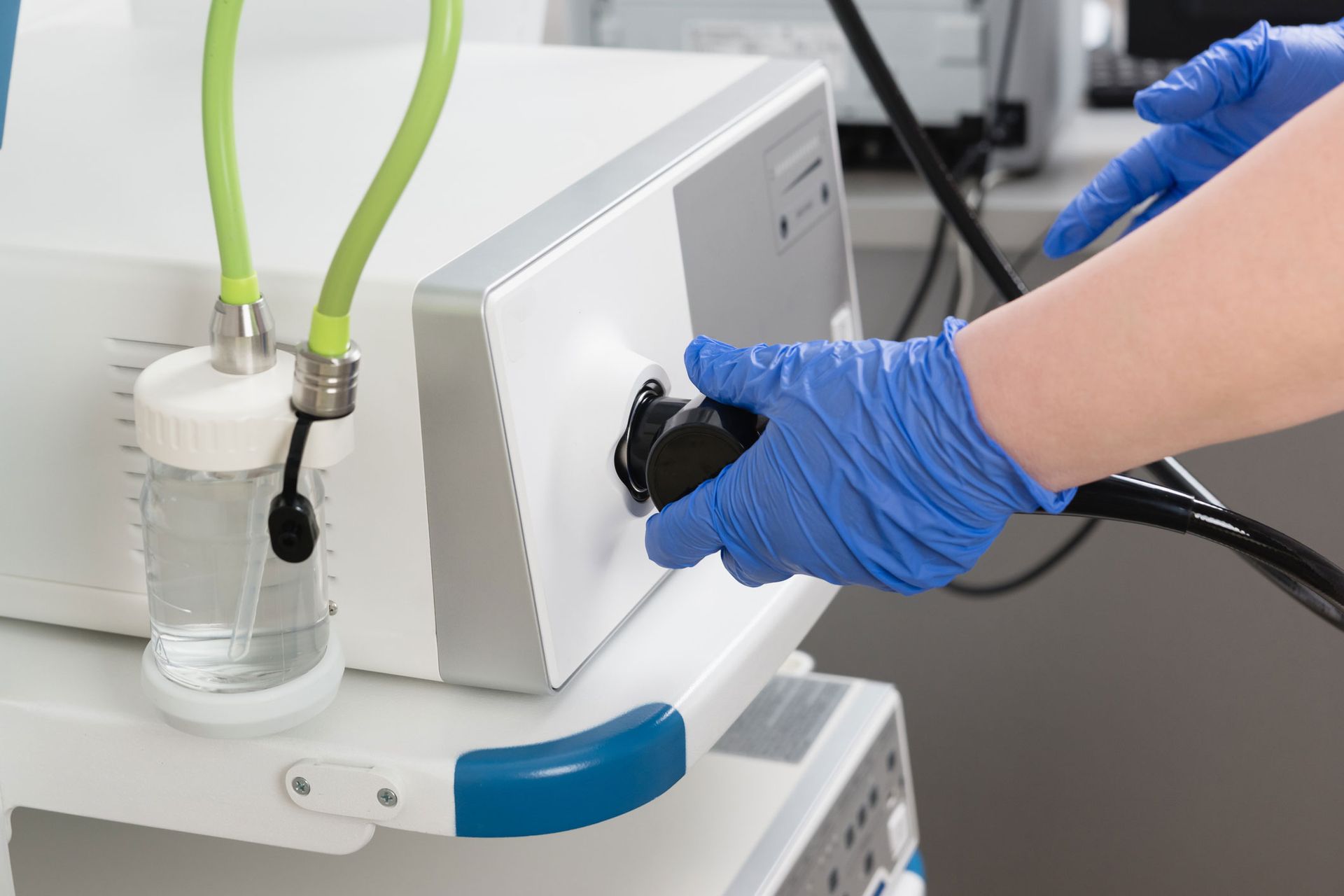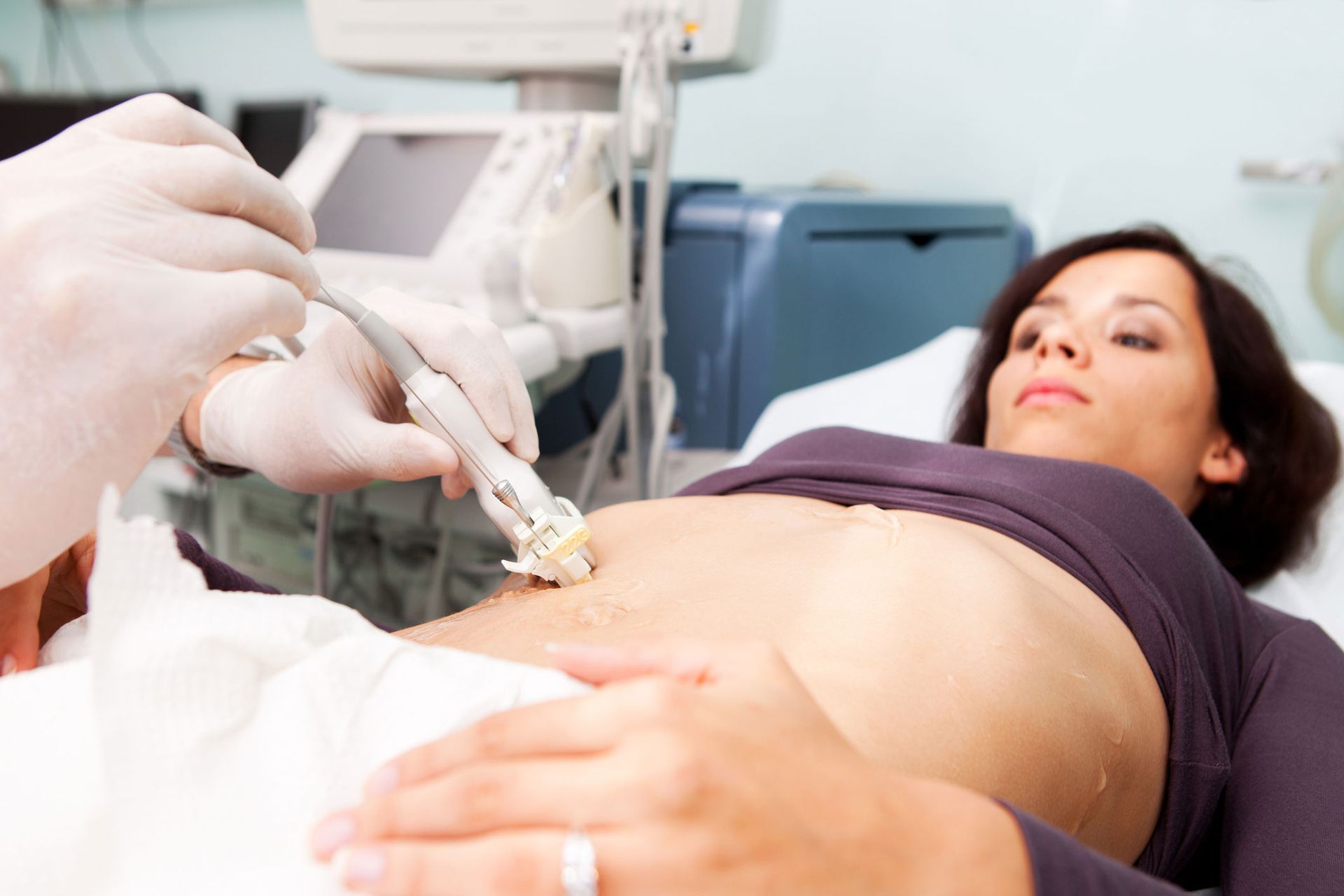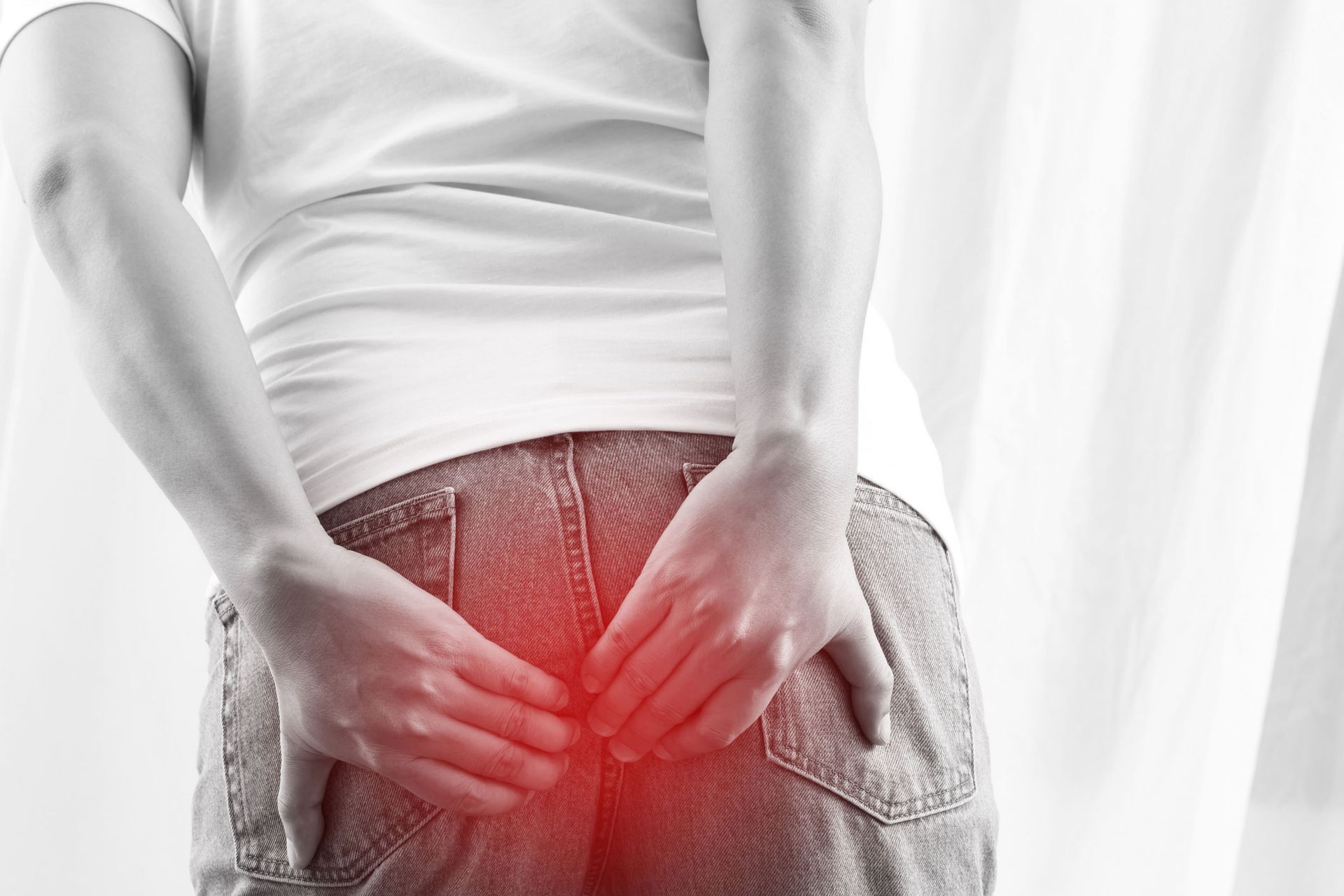A nurse, doctor, or dentist, will give you conscious sedation in the hospital or outpatient clinic. Most of the time, it will not be an anesthesiologist. The medicine will wear off quickly, so it is used for short, uncomplicated procedures.
You may receive the medicine through an intravenous line (IV, in a vein) or a shot into a muscle. You will begin to feel drowsy and relaxed very quickly. If your doctor gives you the medicine to swallow, you will feel the effects after about 30 to 60 minutes.
Your breathing will slow down, and your blood pressure may drop a little. Your nurse or doctor will monitor you every 3 to 5 minutes during your procedure to make sure you are okay. This person will stay with you at all times during the procedure.
You should not need help with your breathing. But you may receive extra oxygen through a mask or IV fluids through a catheter (tube) into a vein.
You may fall asleep, but you will wake up easily to respond to people in the room. You may be able to respond to verbal cues. After conscious sedation, you may feel drowsy and not remember much about your procedure.

